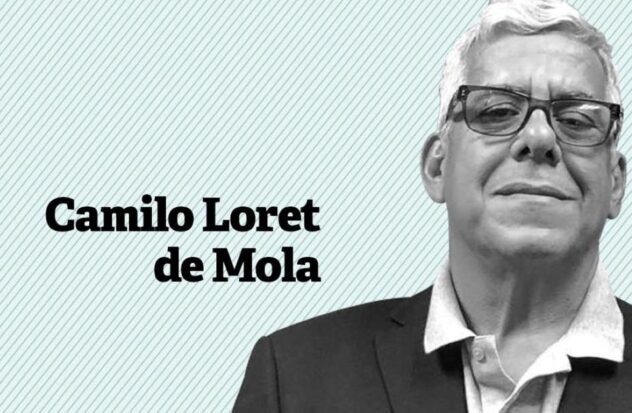In the interwar period of 1937, the French military was amazed by the book published in Germany by Erwin Rommel, The infantry on the attack. It was considered a classic of military tactics, one of the most consulted manuals by all the armies of the time, which also revealed in its pages why during the First World War German riflemen were so efficient at killing Gallic soldiers:
Captain Rommel, who would become the Nazi marshal known as the desert fox, told in his book how easy it was to distinguish the shine of the metal canteens that the French carried, without any camouflage, on top of their saddlebags. , when they moved supposedly protected by the tall wheat fields.
These canteens, newly put into service, eliminated the lack of hygiene of the previous containers and allowed soldiers to carry them comfortably strapped on their backpacks, right behind their heads.
This, along with the bright red uniform pants, made them perfect targets for German sights and unfortunately, they found out 19 years after the war.
A supposed expert on current Cuban problems wants to convince me that there are parallels between French canteens and what the media in exile do with dissidence within Cuba. According to his analysis, by publishing each demonstration or video of the opponents on the island, we are making the regime’s job easy, by identifying how many Cubans raise their voice against the dictatorship. As if with our support what we would achieve was to put a brilliant canteen in the meager backpacks of the dissidents and facilitate the shooting of the communist repressors.
Silence as a survival strategy ceased to exist a long time ago for ordinary Cubans; those afraid of low voices have been displaced by those who do not hesitate to shout their demands from the four winds. It is our worthy role to be the sounding board for such a legitimate endeavor, to help them be heard beyond where their strength reaches.
There are those who take advantage of the information explosion of cell phones on the island to become fashionable YouTubers, hunters of likes on social networks, but at the same time there are many other communicators, in all dimensions, contributing to making known the tragedy of those below, those who barely manage to dispatch an elementary text, with the chronicle of their misfortune.
Many times when we receive messages, information or videos from Cuba they are accompanied by the same tagline: “Share.” In the digital terms so fashionable, that word makes clear to us the mission of universalizing their struggle. Although some take advantage, although others do not understand it, but let everyone know that there is a police officer repressing a mother, that there are teenagers behind bars just for shouting their rights, that there are Cubans asking for freedom.
Giving them the voice that they are denied in Cuba also helps us to put a bright and giant canteen at the head of the Havana regime, so that the world knows where they should send their sentences, so that the repressors do not manage to hide in the wheat fields of ostracism that have been imposed on the suffering Cuban people.
It is fair, without a doubt it is our turn to “share”, to give dimension to those who have already lost their fear and from Cuba claim their right to dream.
And then, without chauvinism, quote José Martí:
“I gave everything to the tyrant, say more!” …

